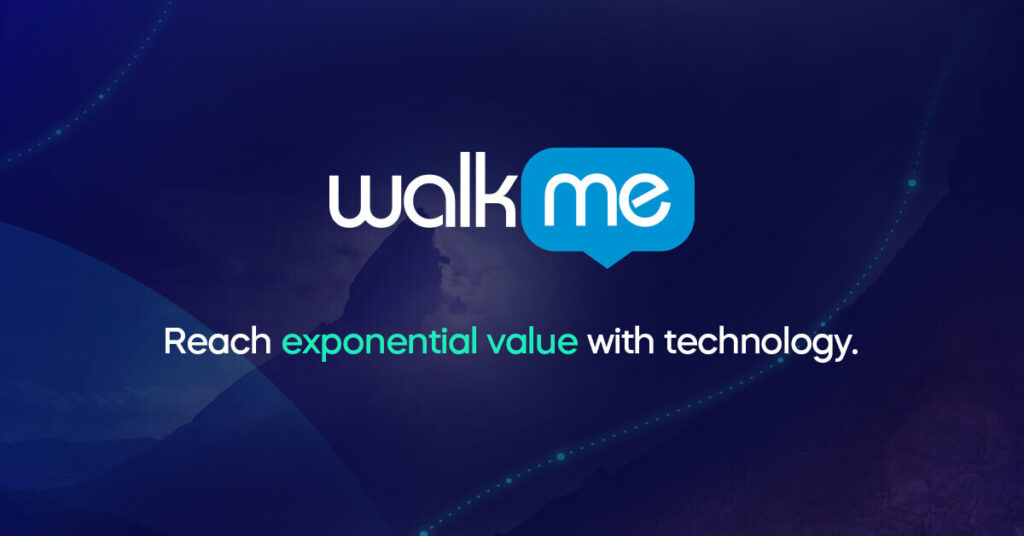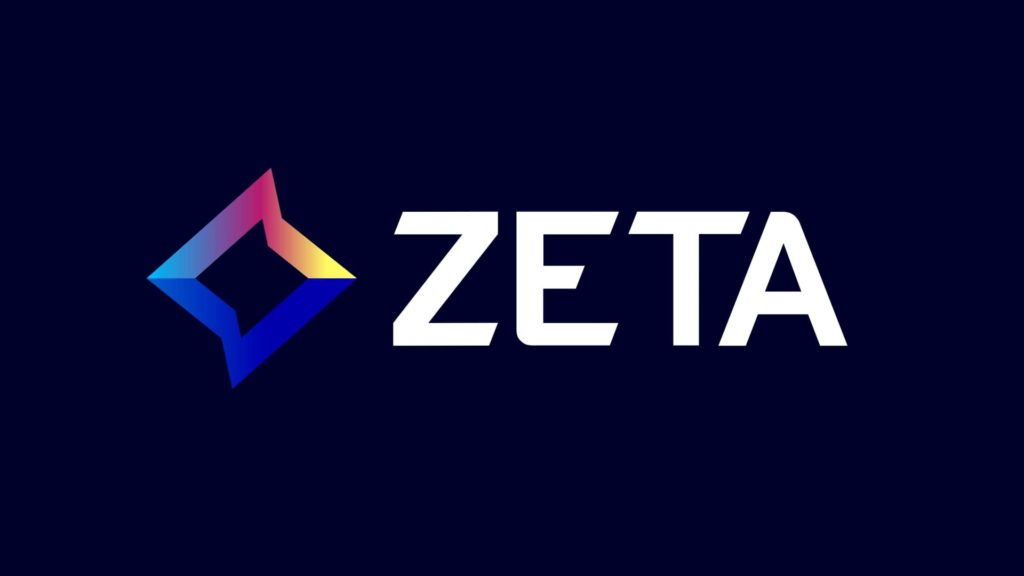Genius Sports – A Young Startup That Has Become The Current Talk Of The Sports Data Industry.
Being the messiah in the world of sports data and technology, Genius Sports is known for organizing, optimizing, and creating unique sports experiences. The company was founded in 2016 as a result of a merger between two companies. Currently, the headquarters of the company is based in London, UK. Genius Sports is mainly responsible for offering software to various sports leagues and federations. Various services like data management, video streaming, and integrated services are also provided by the company. Various sports allow the company (giving rights) to commercialize their data and video content with authorities like media companies and casinos.
About Genius Sports
Being founded only five years ago, Genius Sports is currently one of the fastest-growing sports technology companies across the globe. The company now employs more than 1,800 people around the world with major offices in New York City, Tallinn, Los Angeles, Medellin, and many more. The company is catering toward building a more sustainable sports ecosystem with a fair share of engagement, commercial benefits, and competitiveness. To date, the company has covered around 240,000 sports events and established more than 600 long-term partnerships. In April 2021, the company got listed on the New York Stock Exchange through a special purpose acquisition company, dMY Technology Group.

A Merger Between Two Companies
In 2016, Mark Locke decided to merge his company, Betgenius and SportingPulse International. The newly formed company was called Genius Sports which became a perfect blend of sports technology, data supplier, and the betting industry. One year after the merger, Sports Genius started acquiring several other companies starting with Data Project, a volleyball technology provider. In the same year, the PGA Tour launched a new integrity program for mainly preventing betting-related corruption. The company was selected to support this integrity program through close monitoring and educational services.
In 2018, a new statistics initiative was announced by the National Collegiate Athletic Association (NCAA) for all its members alongside Genius Sports. In the same year, Apax Partners acquired Genius Sports but even after the acquisition, Locke continued as the CEO of the company. Later in 2018, Football Data Co. came into an agreement along with Genius Sports and Perform Group to protect the football leagues in England and Scotland against match-fixing. This was for the first time that two technology companies combined for the mentioned reason.
Expansion
As the company was eventually landing deals with various types of sports leagues, in 2019 it struck a deal with NASCAR stock-car racing association. Genius Sports chose to strike a deal with this organization to become the exclusive provider of NASCAR data to licensed sportsbooks across the world. In the same year, it made a deal with Football DataCo for being the official supplier of live data. The company also partnered with the German Football Association and Superliga Argentina to help prevent match-fixing and unhealthy sports betting. In October 2020, the company acquired Oppia Performance, a video production, and streaming company. In 2021, Company partnered with the National Football League, WynnBET, Canadian Football League, and many other famous and influential organizations in the sports industry.
Mark Locke – CEO of Genius Sports
Mark Locke is not only the CEO of Genius Sports but also its co-founder. Locke has more than fifteen years of experience in both the sports technology and media industry. His entrepreneurial journey started when he launched Betgenius in 2001 and currently it is a part of the Genius Sports Group. Locke, in 2015, recognized the huge potential hidden between the intersection of sports and the betting industry. This is the reason why he decided to merge Betgenius and SportingPulse International. Locke also has a history in telecommunications and ventures for property management.

Annasha Dey is an NIT student, who apart from studying engineering is also a content writer. She has a great interest in photography, writing, reading novels, and travelling as well. She is a foodie who loves socializing and hanging out with her friends. She is also a trained Kathak dancer and a big fashion enthusiast. Dey also loves watching TV series, which includes F.R.I.E.N.D.S. and Big Bang Theory. To be a better writer she prefers to read more





